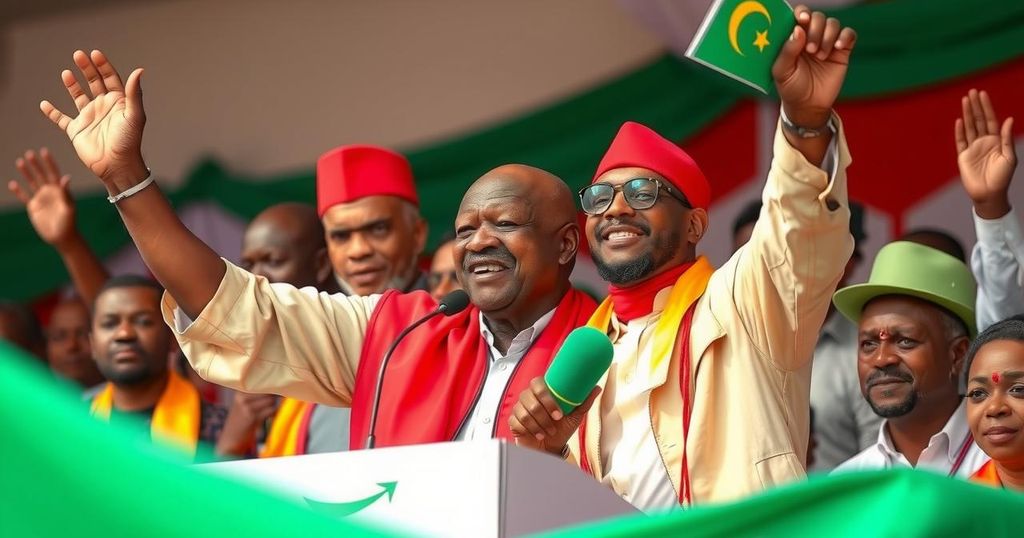Chad’s Ruling Party Claims Majority Amid Controversial Parliamentary Vote

Chad’s ruling party has secured a majority in the parliamentary election, claiming 124 out of 188 seats amid a significant opposition boycott. The election’s legitimacy is questioned due to a low participation rate and allegations of being a repeat of past electoral issues, raising concerns regarding Chad’s democratic transition and security challenges.
Chad’s ruling Patriotic Salvation Movement (MPS) has declared victory in the recent parliamentary election, claiming 124 out of 188 seats in the National Assembly. This election, held on December 29, marks the first parliamentary vote in over a decade and was largely boycotted by opposition parties, raising questions about its legitimacy. The electoral participation rate was reported at 51.56 percent, indicating significant public skepticism towards the election process, as stated by opposition factions.
The recent parliamentary election in Chad was touted by President Mahamat Idriss Deby’s party as a critical step towards establishing a democratic framework following a lengthy period of military rule initiated after the death of former President Idriss Deby Itno. Since Mahamat Deby assumed power in 2021, the MPS has faced challenges in garnering widespread support amid accusations of electoral manipulation and fears regarding security stability in the country, particularly against the backdrop of insurgent threats from Boko Haram and shifting military alliances in the region.
In summary, Chad’s parliamentary election has drawn significant contention from opposition parties, with the ruling MPS asserting a strong majority despite widespread boycott and evident public distrust. The event symbolizes Chad’s ongoing struggle for political legitimacy and stability amid security threats and complex post-colonial military relations. Moving forward, the implications of this election may profoundly influence Chad’s governance and public sentiment in the evolving political landscape.
Original Source: www.aljazeera.com








